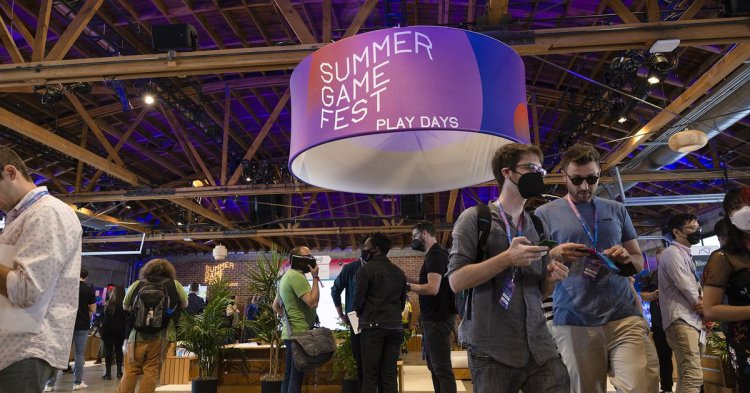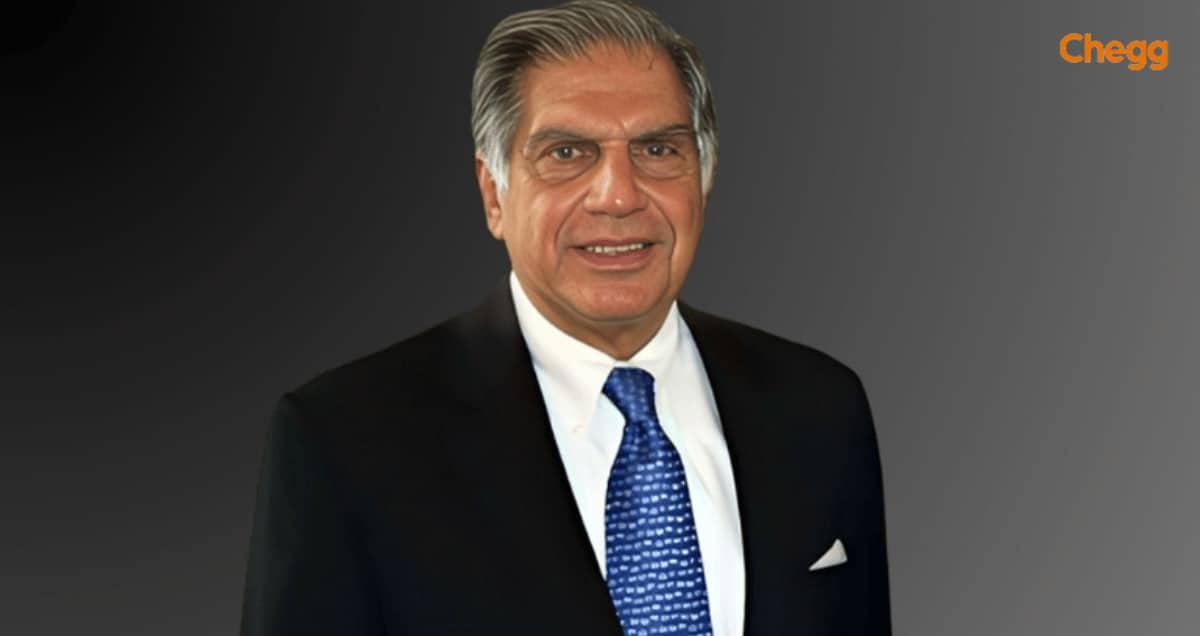Geoff Keighley isn’t worried about E3 return
How do we still allow the developers’ work to be recognized and be a part of these shows while also thinking about the sort of zeitgeist of what’s going on with larger companies?

Geoff Keighley isn’t sure what E3 is anymore. Even before COVID forced the cancellation of the in-person version of the giant video game commercial masquerading as an industry trade show three years running now, the event was already a pale, big-three-publisher-less imitation of its former self.
E3 is coming back. The organizers said so in a very “for realsies this time, you guys” kind of way. But when I asked Keighley about the prospect of E3 and Summer Game Fest — affectionately known as Not-E3 or, my personal favorite, Keigh-3 — coexisting next year, he just didn’t seem convinced they would need to.
“E3 said they’re coming back. Which I don’t know what that means, right?” he told me at Summer Game Fest’s new in-person component in Los Angeles. “ So, I don’t know what that means.”
His skepticism is founded. Last year, the ESA said it would put on E3 2022 only to cancel not only the in-person event (which was probably warranted given that a pandemic is still going on) but the digital version as well.
And while the prospect of E3 poofing into the ether ala a Thanos snap is an unwelcome thought for some, Keighley’s content to keep on keeping on whether E3 is around to compete for folks’ attention or not.
“I don’t know what E3 is,” he said matter-of-factly. “I think we got to define what E3 is before we can say if it’s competitive or not.”
“We’re super happy with this experience,” he added. “And the publishers who are really our partners on this seem really happy with this as well. So we’re just gonna kind of keep doing what we’re doing and scaling it up.”
/cdn.vox-cdn.com/uploads/chorus_asset/file/23644106/PlayDays_June10_2022_1920x1280_00064.JPG) Image: Summer Game Fest
Image: Summer Game FestScale is important for newer events like Summer Game Fest, and it’s something Keighley said he’s thinking about when pondering its future in a post or even concurrent E3 world. Play Days, the in-person component of Keigh-3 open to media and influencers, was a small affair — too small, some argue, without the familiar presence of the big hitters like Sony, Xbox, or Nintendo. (Though Microsoft did have a small presence through its id@Xbox indie program and its Samsung smart TV app.)
Keighley acknowledged the critique that Game Fest didn’t do enough. “Some fans obviously wanted more announcements in terms of new games to announce, which is totally fair feedback,” he said. “But we can only display the games that are actually being made.”
While there were some notable big names present like Sonic Frontiers and Street Fighter 6, and the keynote itself had so many space shooters that it became a meme, Play Days chose to focus primarily on a smaller, eclectic selection of games from solo and indie developers that, in Keighley’s opinion, seemed almost more appealing than focusing solely on whatever’s coming from the big three.
“We have a lot of great indie games here because those are the guys who really do need the exposure,” he said. “That’s the magic of these events that we can put together.”
He’s right. There was something magical about having the opportunity to play a game I would not have otherwise had the time for in a big, saturated space like E3 (I say conjecturally since I’ve never been to an E3... yet). I was enamored with the witchy and spooky yet comfy vibes of Birth. A Little To The Left, which features puzzles that ask “how do these random objects fit together,” immediately soothed my object association-obsessed brain. When I asked Keighley which games he enjoyed, he brought up the fabulous Time Flies in which you play as a fly tasked with fulfilling as many events on your bucket list like “get drunk” or “learn the guitar” as you can within your seconds-long fly lifespan. Games like those get buried at E3.
/cdn.vox-cdn.com/uploads/chorus_asset/file/23644120/PlayDays_June10_2022_1920x1280_00087.JPG) Summer Game Fest
Summer Game Fest
“I just love that we can have a diversity of content here,” Keighley said. “The element of discovery is so key for those independent developers, and I’m proud that we can have indie games be part of the show.”
During The Game Awards last December, Keighley made a declaration that “We should not and will not tolerate any abuse, harassment, or predatory practice by anyone, including our online communities.”
Though he did not name a specific company or developer, it was pretty clear the comment was in reference to news surrounding Activision Blizzard. The Overwatch publisher did not have a presence at that year’s Game Awards, but it did show up to show off Call of Duty: Modern Warfare II at Summer Game Fest. “I think the Activision situation has evolved,” he said while noting that “there is obviously a lot of work to be done.”
He said that he and his team do think about how to use their platform for good, which is why they made statements about Ukraine, but that with Game Fest, it’s a difficult situation with a delicate balance he has to consider.
“How do we still allow the developers’ work to be recognized and be a part of these shows while also thinking about the sort of zeitgeist of what’s going on with larger companies?”
While it’s very possible (and perhaps easier than Keighley thinks) to do both, Keighley seems to think that Game Fest should just be about the games.
“I think Summer Game Fest is a little bit different than The Game Awards. The Game Awards is about recognizing excellence in the industry, an award show, and Summer Game Fest is this promotional event for video games. So it’s on a different sort of level.”
Despite Game Fest’s relatively small size, Keighley thinks it’s a success, something he hopes he can replicate elsewhere. He threw out places like London or Australia as options he could take the event to as a way to “decentralize the old model of a trade or consumer show” like E3 is. And whether or not E3 really happens next year, Keighley isn’t bothered at all by the prospect of competing for eyeballs.
“I think it’s a different philosophy,” he said. “Kinda like a red ocean versus blue ocean strategy. Are you competing with the chum in the water, or are you finding your own space? And I hope Play Days and Summer Game Fest has found its own space.”
(Except for the headline, this story has not been edited by Leader Desk Team and is published from a syndicated feed.)













/cdn.vox-cdn.com/uploads/chorus_asset/file/24264181/ruth_wilson.jpg)




/cdn.vox-cdn.com/uploads/chorus_asset/file/25115065/DCD_Avishai_Abrahami.jpg)







